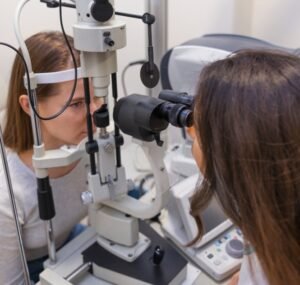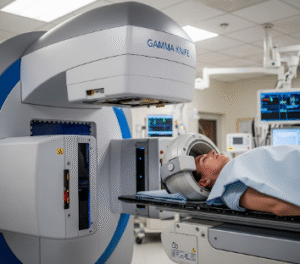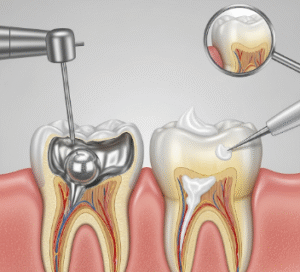Overview
Myasthenia Gravis (MG) is a chronic autoimmune neuromuscular disorder that causes weakness in voluntary muscles. In Korea, advances in neurology, immunology, and rehabilitation have improved diagnosis and treatment, helping patients manage symptoms effectively. Major hospitals such as Seoul National University Hospital, Asan Medical Center, and Samsung Medical Center provide specialized care, including immunotherapy, surgical interventions, and supportive therapies for individuals living with MG.
What is Myasthenia Gravis?
Myasthenia Gravis is an autoimmune disease in which antibodies disrupt communication between nerves and muscles at the neuromuscular junction. This interference leads to muscle weakness that worsens with activity and improves with rest. MG can affect muscles controlling the eyes, face, throat, and limbs, and in severe cases, muscles required for breathing. The disease can occur at any age but often appears in women under 40 and men over 60.
Symptoms
- Drooping eyelids (ptosis)
- Double vision (diplopia)
- Weakness in arms, legs, or neck
- Difficulty swallowing (dysphagia) or speaking (dysarthria)
- Fatigue and muscle weakness that worsens with activity
- Breathing difficulties in severe cases (myasthenic crisis)
- Facial expressions may appear weak or masked
Causes
- Autoimmune reaction where antibodies attack acetylcholine receptors or related proteins at the neuromuscular junction
- Thymus gland abnormalities, including thymoma
- Genetic predisposition in some cases
- Environmental triggers may exacerbate symptoms
Risk Factors
- Female gender (under age 40) or male gender (over age 60)
- Thymus gland disorders
- Family history of autoimmune diseases
- Other autoimmune conditions (e.g., thyroid disease, rheumatoid arthritis)
Complications
- Myasthenic crisis: life-threatening respiratory weakness requiring hospitalization
- Swallowing difficulties leading to aspiration pneumonia
- Fatigue impacting daily activities and quality of life
- Secondary complications from long-term immunosuppressive therapy, such as infections or osteoporosis
Prevention
- No guaranteed prevention exists
- Early diagnosis and management are crucial
- Avoid medications that may worsen MG symptoms (e.g., certain antibiotics, beta-blockers)
- Routine monitoring and prompt treatment of infections
- Genetic counseling if there is family history of autoimmune disorders
Treatment Options in Korea
Korea provides comprehensive care for MG, combining medication, surgery, and rehabilitation in leading hospitals.
- Diagnosis
- Blood tests for anti-acetylcholine receptor (AChR) antibodies or anti-MuSK antibodies
- Electromyography (EMG) to evaluate neuromuscular transmission
- Imaging (CT or MRI) of the thymus gland
- Pulmonary function tests for respiratory involvement
- Medical Treatments
- Cholinesterase inhibitors (e.g., pyridostigmine) to improve muscle strength
- Corticosteroids and immunosuppressants (azathioprine, mycophenolate) to reduce autoimmune activity
- Intravenous immunoglobulin (IVIG) or plasmapheresis for severe cases or myasthenic crisis
- Surgical Treatments
- Thymectomy (removal of the thymus gland) for patients with thymoma or generalized MG
- Supportive Care
- Physical therapy to maintain muscle strength
- Occupational therapy for daily activity support
- Speech therapy for swallowing or communication difficulties
- Respiratory support if needed
- Specialized Hospitals in Korea
- Seoul National University Hospital – Neurology and immunology clinics for MG
- Asan Medical Center – Advanced thymus imaging, surgery, and immunotherapy
- Samsung Medical Center – Multidisciplinary care including rehabilitation and crisis management
- Yonsei Severance Hospital – Long-term monitoring and patient support programs
- Long-Term Follow-Up
- Regular neurological assessments
- Monitoring for medication side effects
- Adjusting treatment during exacerbations or stress
- Counseling and support for patients and families












